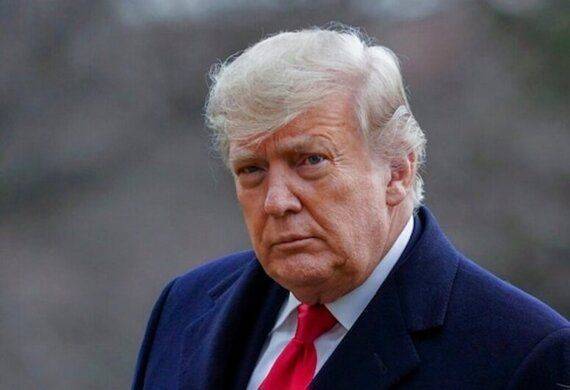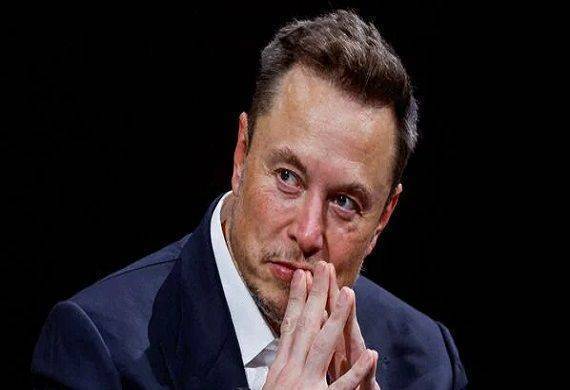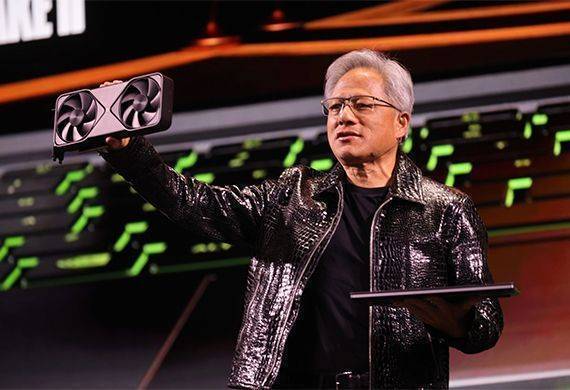US Court Halts Trump's Attempt to Impose 'Liberation Day' Tariffs on Imports
By Global Leaders Insights Team | May 29, 2025

Key Highlights
- The U.S. Court of International Trade found that the "Liberation Day" tariffs exceeded presidential authority under IEEPA, emphasizing that only Congress can regulate international commerce.
- The court concluded that the economic conditions cited did not constitute an "unusual and extraordinary threat," thus failing to meet the legal threshold required under IEEPA.
A federal court in the United States blocked President Donald Trump from imposing 'sweeping' tariffs on imports, citing an emergency-powers law.
A three-judge panel from the US Court of International Trade in New York rendered the decision. This comes after Trump was the target of multiple lawsuits alleging that he has overreached his powers, according to the Associated Press.
Trump has repeatedly claimed that the tariffs would force manufacturers to bring factory jobs back to the United States, arguing that the action would raise enough money to close the federal budget deficit. The ruling is a blow to his campaign.
Some reports claim that Trump forced other nations to come to agreements with the US that benefited them by using these reciprocal tariffs as a negotiating tool.
Kush Desai, a spokesperson for the president, said, "Trade deficits amount to a national emergency that has decimated American communities, left our workers behind, and weakened our defense industrial base, facts that the court did not dispute." He went on to say that the Trump administration is determined to use all of its executive power to address the crisis and restore American greatness.
The White House's ability to respond to the ruling by temporarily suspending all of its emergency power tariffs remains uncertain.
According to the report, Trump may be able to impose 15% import taxes on countries with which the United States has a massive trade deficit for the next 150 days.
Case against Trump's 'Liberation Day tariffs'
The case, filed in the US Court of International Trade, was heard by three judges: Timothy Reif, appointed by Trump; Jane Restani, named to the bench by former President Ronald Reagan; and Gary Katzman, appointed by former President Barack Obama.
Trump faces seven lawsuits in total challenging the imposition of these tariffs.
According to the report, plaintiffs have argued that the emergency powers law does not authorize the use of tariffs, and even if it did, the trade deficit is not an emergency because the United States has had a trade deficit with the rest of the world for 49 years in a row.
Trump's reciprocal tariffs
On April 2, Trump announced sweeping tariffs on goods imported into the United States from over 100 countries, including India, China, Japan, and South Korea. These tariffs shook global financial markets, prompting many economists to downgrade their forecasts for US economic growth.
According to Trump, these tariffs were imposed to reverse the US's long-standing trade deficits, which he refers to as a "national emergency".
.jpg)
.jpg)


